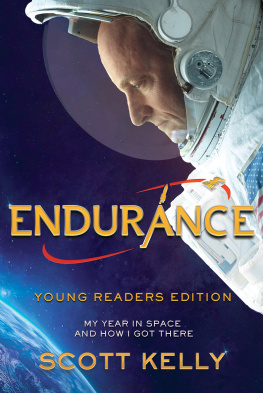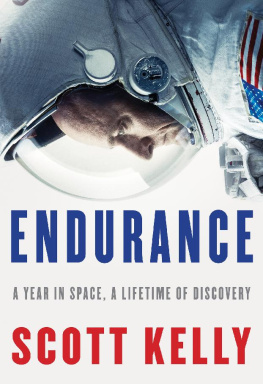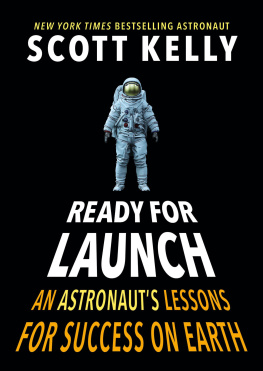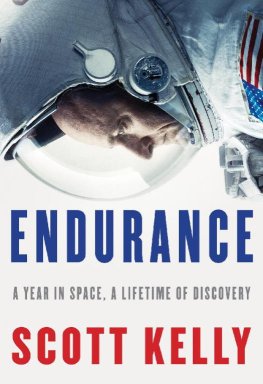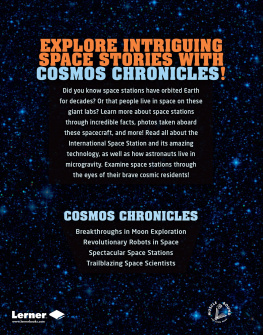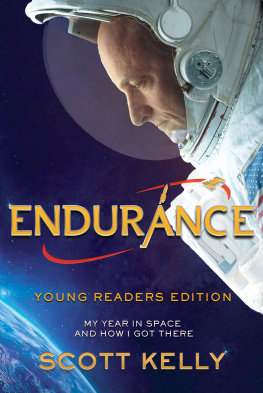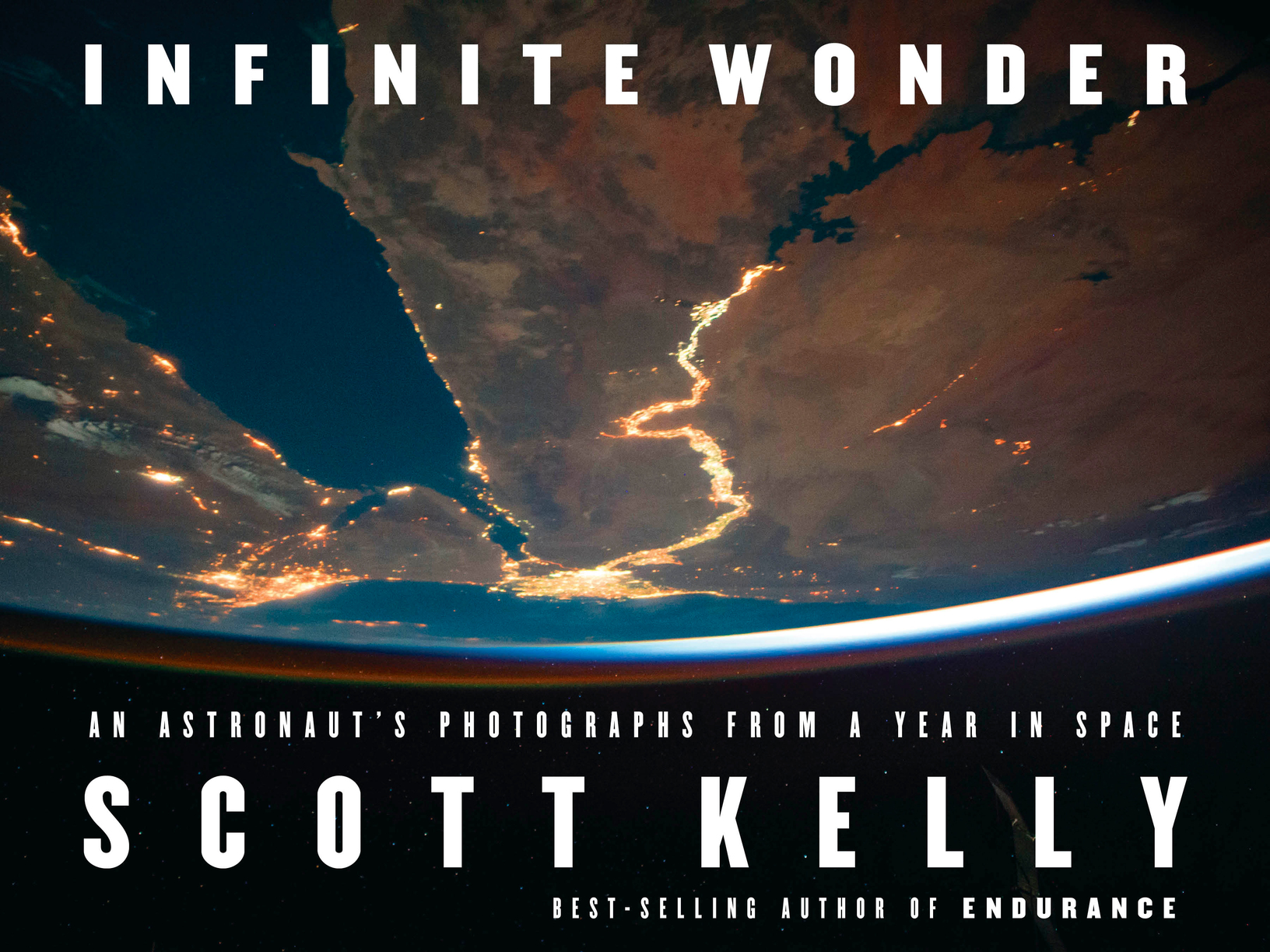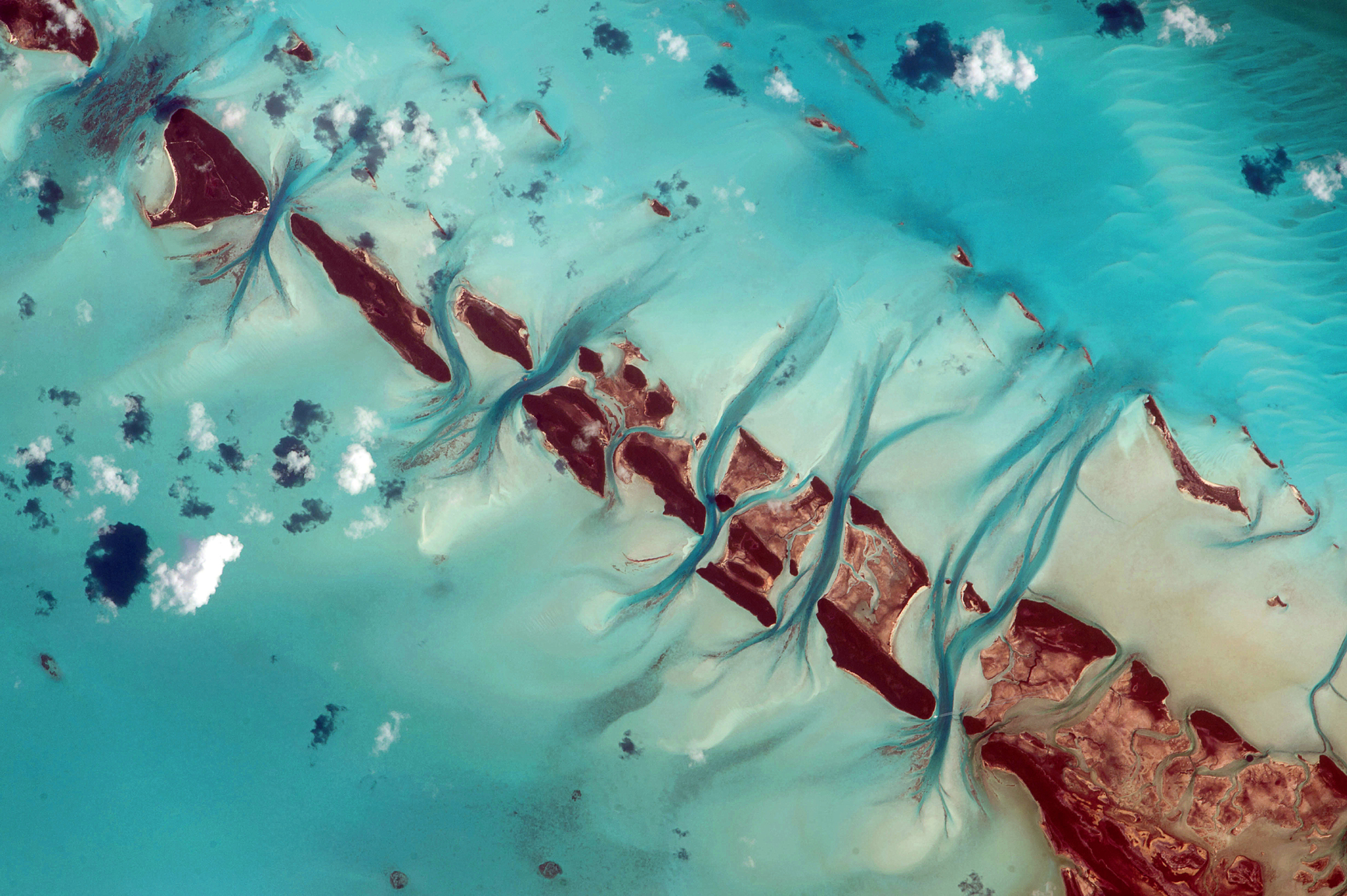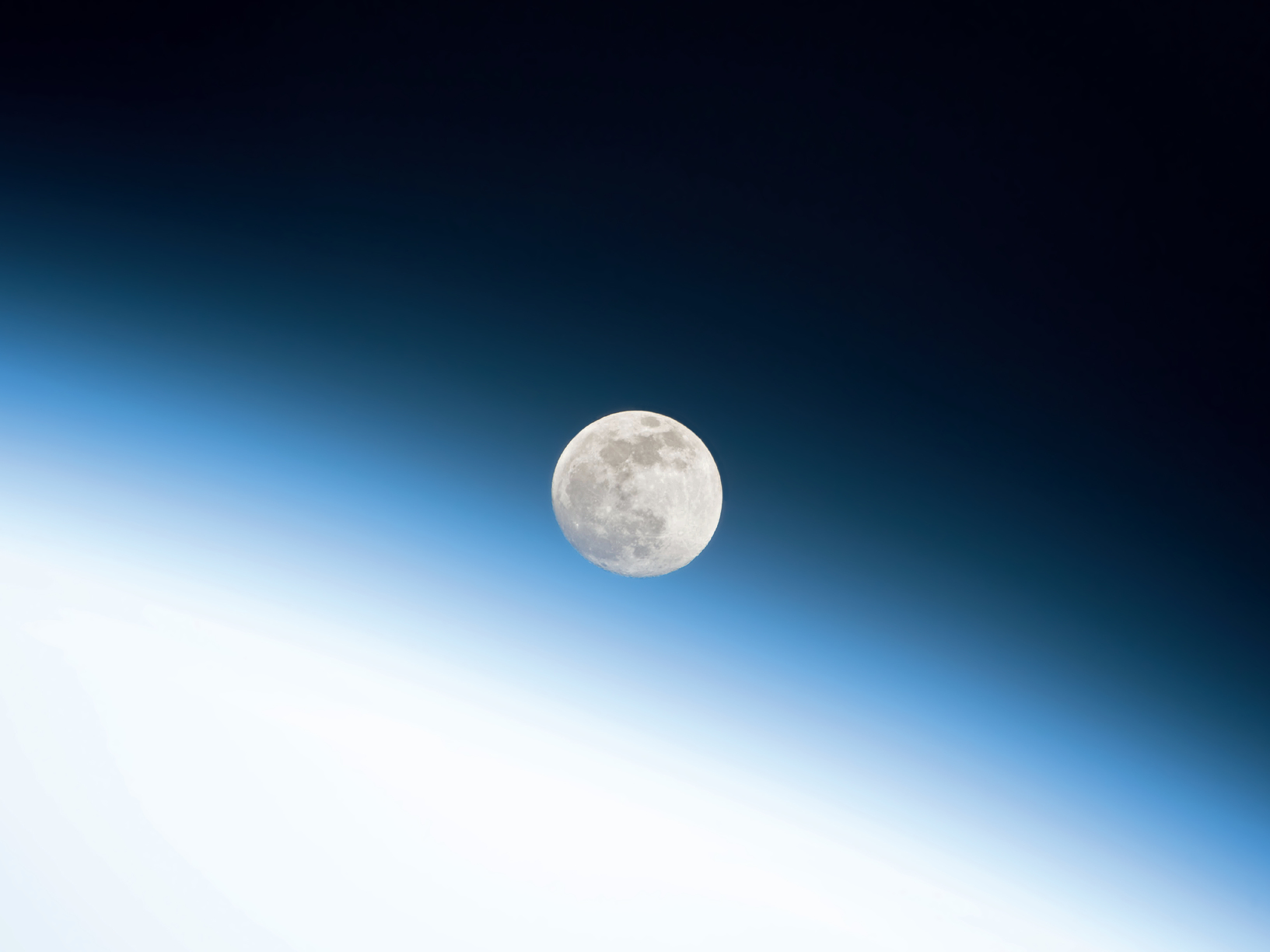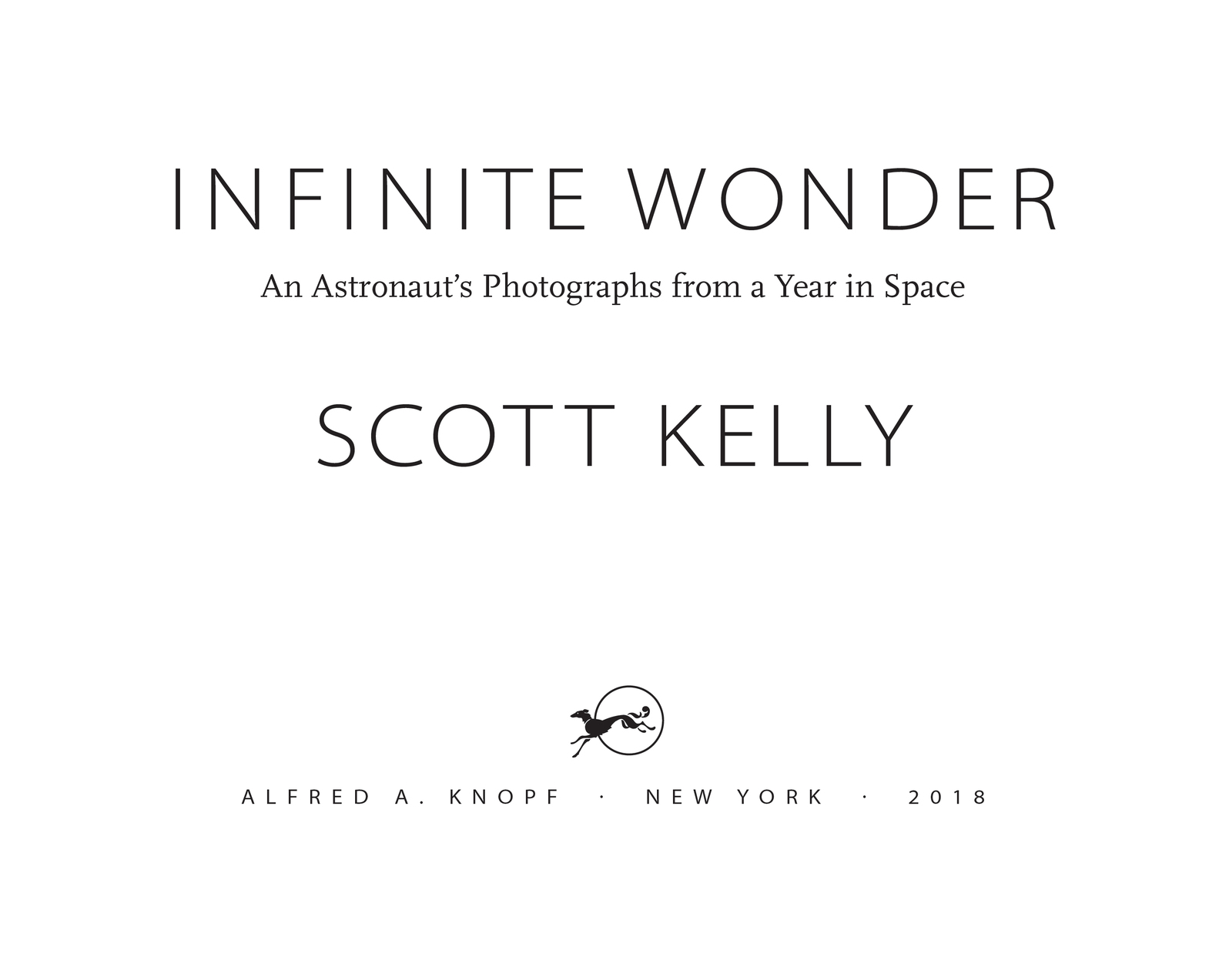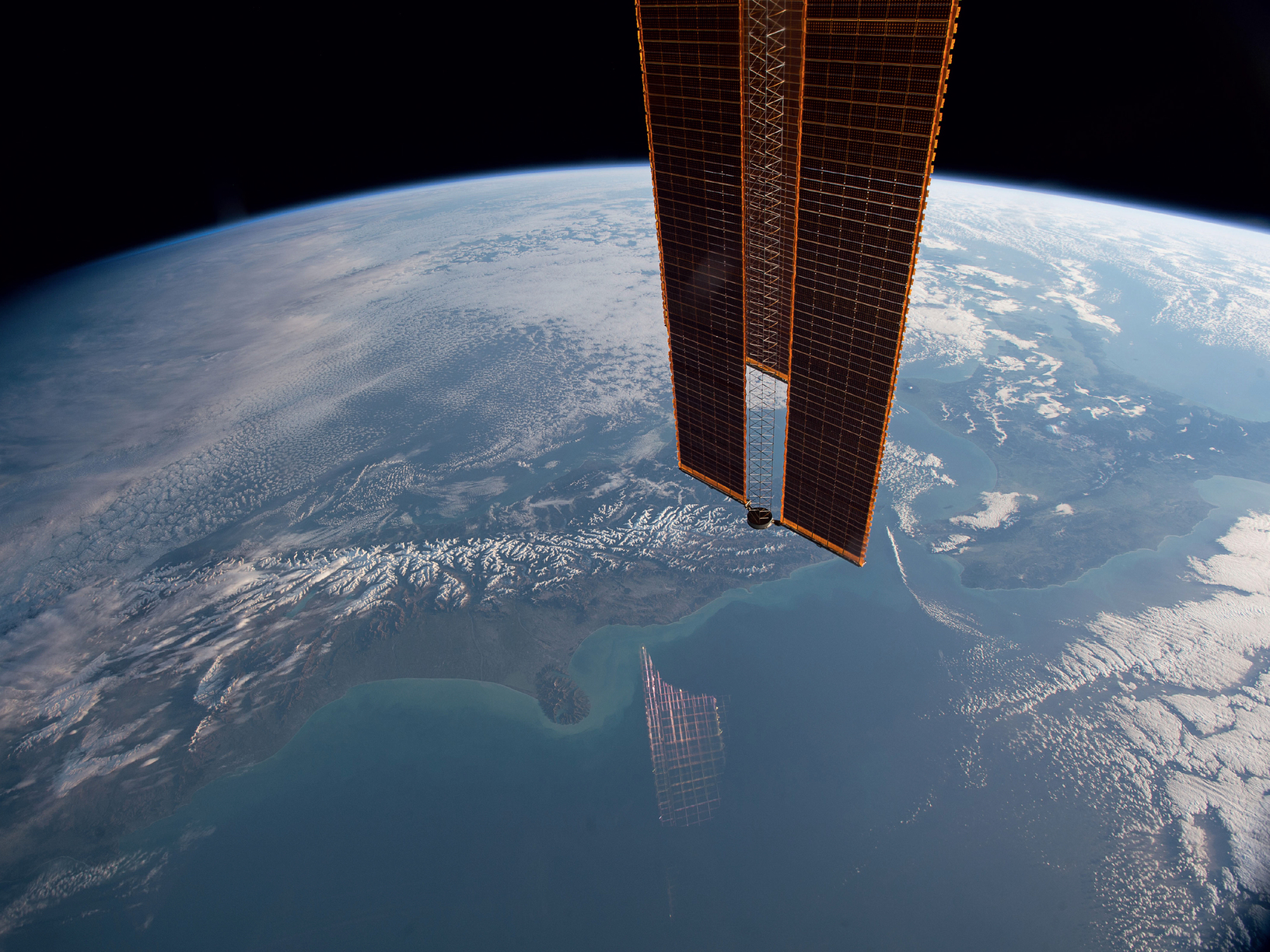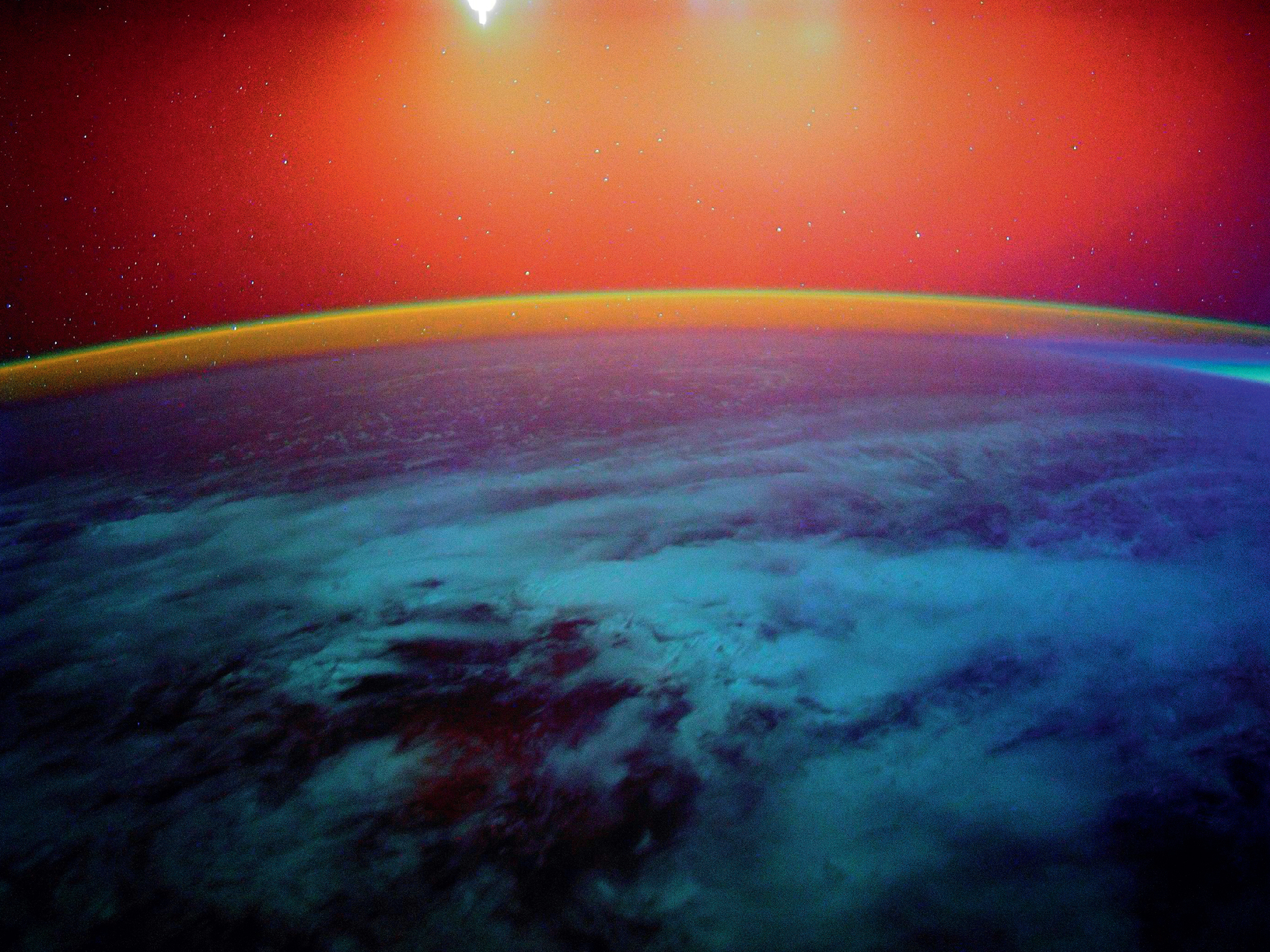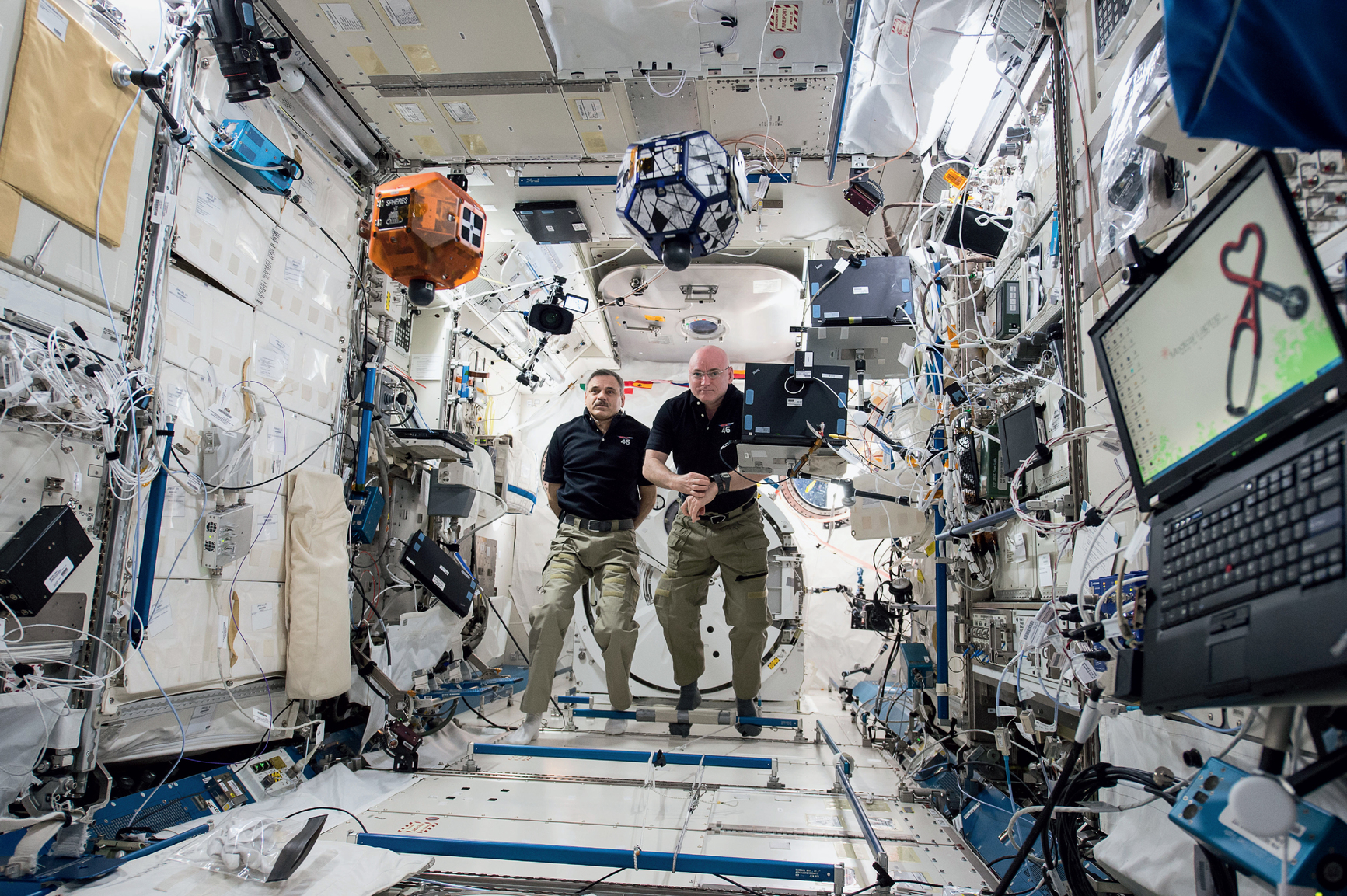Scott Kelly - Infinite Wonder: An Astronaut’s Photographs from a Year in Space
Here you can read online Scott Kelly - Infinite Wonder: An Astronaut’s Photographs from a Year in Space full text of the book (entire story) in english for free. Download pdf and epub, get meaning, cover and reviews about this ebook. year: 2018, publisher: Alfred A. Knopf, genre: Science fiction. Description of the work, (preface) as well as reviews are available. Best literature library LitArk.com created for fans of good reading and offers a wide selection of genres:
Romance novel
Science fiction
Adventure
Detective
Science
History
Home and family
Prose
Art
Politics
Computer
Non-fiction
Religion
Business
Children
Humor
Choose a favorite category and find really read worthwhile books. Enjoy immersion in the world of imagination, feel the emotions of the characters or learn something new for yourself, make an fascinating discovery.

- Book:Infinite Wonder: An Astronaut’s Photographs from a Year in Space
- Author:
- Publisher:Alfred A. Knopf
- Genre:
- Year:2018
- Rating:4 / 5
- Favourites:Add to favourites
- Your mark:
Infinite Wonder: An Astronaut’s Photographs from a Year in Space: summary, description and annotation
We offer to read an annotation, description, summary or preface (depends on what the author of the book "Infinite Wonder: An Astronaut’s Photographs from a Year in Space" wrote himself). If you haven't found the necessary information about the book — write in the comments, we will try to find it.
From the record-breaking astronaut, national hero, and best-selling author of Endurance, a breathtaking collection of photos documenting his journey on the International Space Station, the vastness of space, and the unparalleled beauty of our own home planet.
Ones perspective shifts when one lives for an entire year--as Commander Scott Kelly, and no other American astronaut in history, has--in the isolating, grueling, and utterly unforgiving vacuum of space. Kellys photos prove that this perspective--from 250 miles above earth--while hard-won, is also almost unspeakably beautiful. He mastered the rare art of microgravity photography. Using a Nikon D4 with a long 800mm lens and a 1.4x magnifying zoom lens, he panned the camera as the shutter released in order to compensate for the space stations velocity: 17,500 mph relative to the earth. Kellys artists eye helped make him a social media sensation, and here his photos are collected alongside his own commentary, which sets the images in their proper contexts, human and cosmic. Kelly captures sunsets, moonrises, the aurora borealis, and the luminous, hazy tapestry of the Milky Way. He presents snapshots of life and work on the International Space Station, from spacewalks to selfies. But above all--or floating amid all--he takes the earth itself as his celestial muse. Here are hurricanes, wrinkled mountains, New York City shining like a galaxy--glorious photographs that are, in themselves, a passionate argument for the preservation of our planet in the face of climate change and environmental destruction.
Scott Kelly: author's other books
Who wrote Infinite Wonder: An Astronaut’s Photographs from a Year in Space? Find out the surname, the name of the author of the book and a list of all author's works by series.

